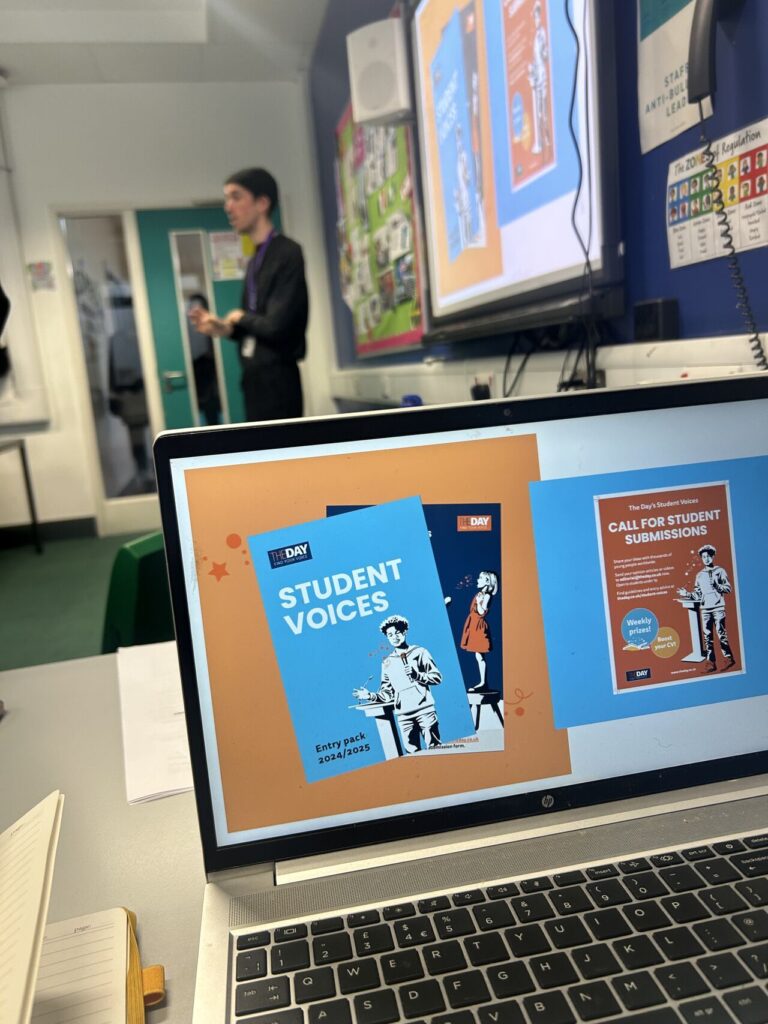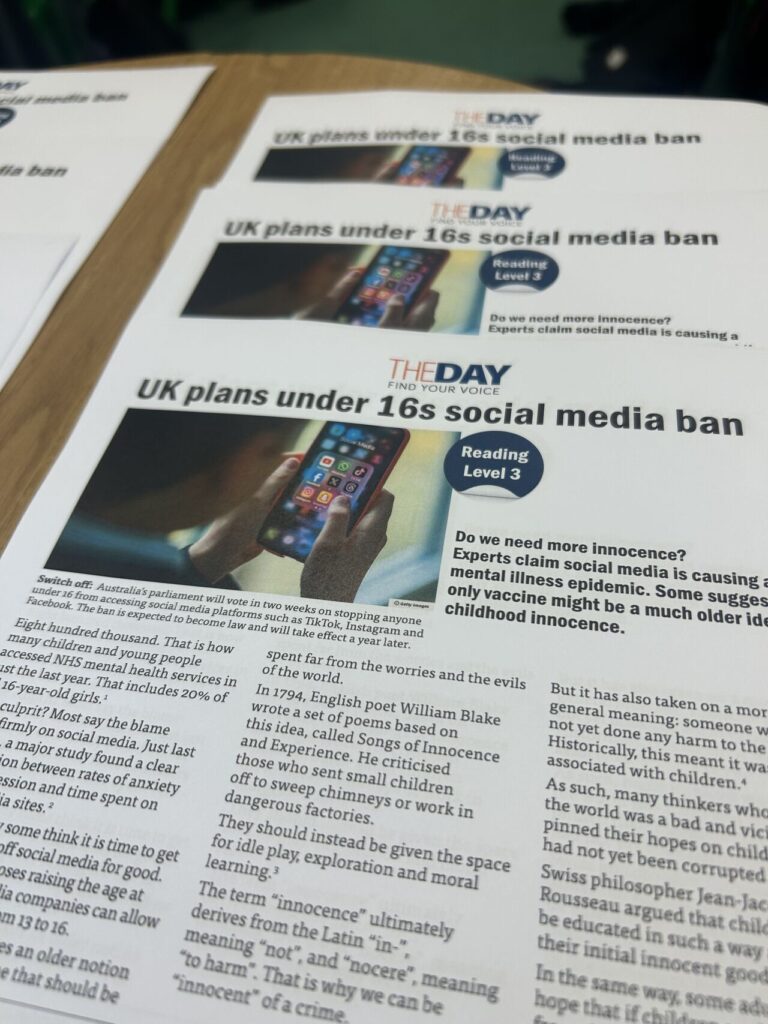
I had the privilege of co-hosting a debate session with Year 9 students at Lilian Baylis Technology School in South London, using an article from The Day.
At Lilian Baylis—a school with high pupil premium where many students face significant daily challenges—this debate became so much more. It was a powerful lesson in agency, critical thinking, and the importance of ensuring every voice is heard and valued.
The Debate: Should Social Media Be Banned for Under-16s?
The debate tackled a subject deeply relevant to these young people: the potential impact of raising the UK’s social media age ban to 16.
We began by reading the article together, ensuring everyone understood the main debate question in context of the facts. Using a simple poll—“yes,” “no,” or “in the middle”—students raised their hands to show their stance. While initially shy, the class gradually warmed up. By the end, a lively exchange emerged, filled with thoughtful reflections.
“I believe that TikTok should be banned for under 16’s as it increases anxiety and depression and it’s not better than meeting up in real life!”
“I don’t think social media should be banned for under 16’s because it is very useful. For example, you can find food recipes and tutorials for homework. It is also a good way to interact with friends and even provides some people with jobs.”
“I think yes and no. Social media keeps people on their devices for hours to escape reality but you also get information from it. If you struggle with mental health it can have a negative impact. For example, it can create false beauty standards and it can cause you to hate yourself and become insecure.”

It was inspiring to see these young minds wrestle with the complexities of the issue, balancing personal experiences with broader societal implications.
The Power of Listening
As the debate unfolded, it became clear that fostering listening was just as important as encouraging speaking. Students didn’t just share their thoughts—they learnt they needed to actively listen to their peers, absorbing differing perspectives.
In our session, the act of listening transformed the dynamic. When one student expressed anxiety about social media’s impact on mental health, another offered a counterpoint about its potential for connection and creativity. This back-and-forth, however small, mirrored the essence of democratic dialogue—a space where all voices are valued.
A Lesson in Agency
For students at Lilian Baylis, discussions like this are about more than just social media. They’re about fostering agency—the ability to think critically, articulate ideas, and listen to others. By providing a platform for young people to debate and listen, we can empower them to engage with the world more confidently.
Conclusion: Listening as a Tool for Change
Today’s session reminded me of the transformative power of listening. Whether in a classroom debate or in broader societal discussions, creating spaces where young people feel heard is critical. If we inspired even one young person to speak up in the future or submit their own Student Voice opinion, we have successfully done our job.
Change will only happen when we truly listen to Gen Z and Gen Alpha, when we move closer to understanding their hopes, fears, and aspirations. This generation isn’t rejecting education and authority—they’re asking for something better. By fostering critical thinking, active listening, and open dialogue, we can help young people reimagine systems that work for them, not against them.
Listening is not just a skill; it’s an act of empowerment. And if today’s debate at Lilian Baylis is any indication, the voices of these young people are well worth hearing.
“Thank you for leading such an engaging debate with our Year 9 students. It was a fantastic opportunity for them to experience structured discussion and critical thinking in action. You created a space where they felt encouraged to express their views, which was invaluable. Even if just one student feels inspired to speak up or submit their own Student Voice piece, then it was a success.”
Nicole Campbell, PSHE Lead, Lilian Baylis
